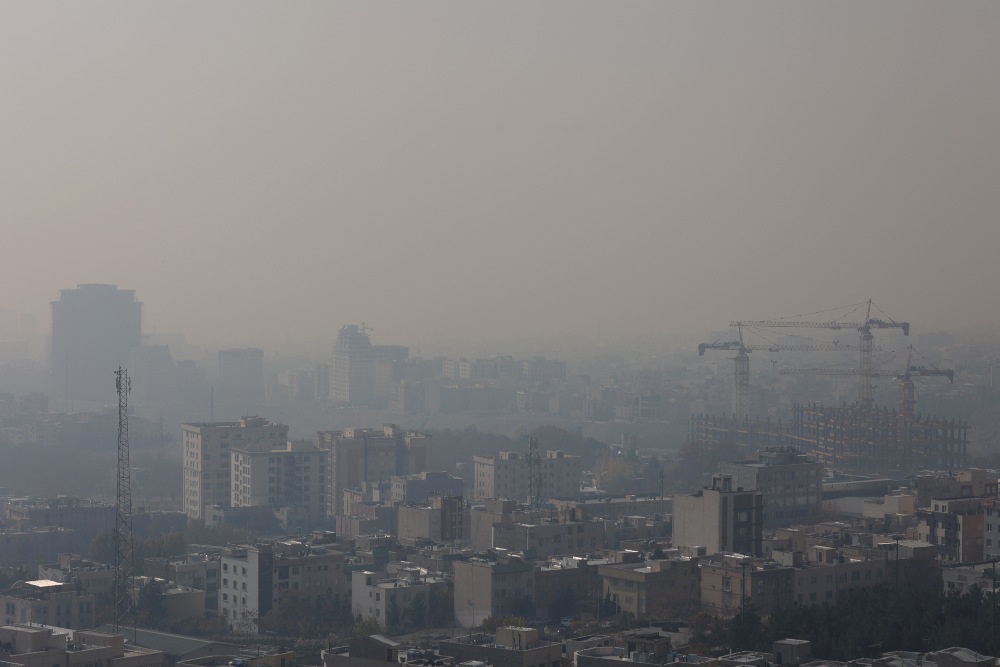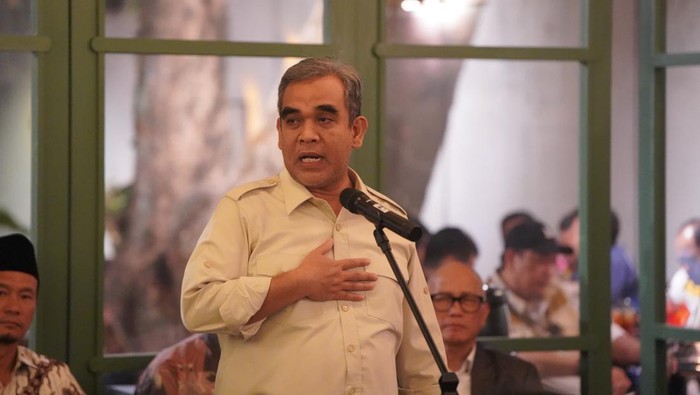

Welcome to a revealing exploration of the 20 most polluted countries in 2023. Pollution, an ever-present challenge facing our planet, impacts not only the environment but also our health and well-being. Join us as we delve into the factors contributing to pollution in these nations, the effects it has on their populations, and the efforts being made to combat this pressing issue. Let’s shine a light on these countries striving for cleaner futures amidst environmental challenges.
What is Pollution and Why Does It Matter?
Pollution, a complex phenomenon, refers to the introduction of harmful substances into the environment. These pollutants can come from various sources such as industrial activities, vehicle emissions, and improper waste disposal. The air we breathe, the water we drink, and the land on which we live are all susceptible to contamination.
The significance of pollution lies in its detrimental effects on both living organisms and ecosystems. High levels of pollution have been linked to respiratory diseases, cardiovascular problems, and even cancer in humans. Additionally, wildlife populations suffer from habitat destruction and toxic exposure due to polluted environments. As our global population grows and industries expand rapidly, the issue of pollution becomes increasingly urgent. Recognizing the importance of addressing this challenge is crucial for safeguarding our health and preserving a sustainable planet for future generations.
Factors Contributing to Pollution in a Country
Pollution in a country can be influenced by a variety of factors. One significant contributor is industrial activities, such as manufacturing plants and factories emitting harmful gases and chemicals into the air. Inefficient waste management systems also play a role, leading to littering and improper disposal of trash that ends up polluting water sources and soil. The rapid increase in population puts pressure on resources, leading to higher energy consumption and more waste generation. Deforestation for agriculture or urban development disrupts ecosystems, releasing carbon dioxide into the atmosphere while diminishing natural habitats for wildlife.
Transportation emissions from vehicles contribute to air pollution, especially in densely populated areas with heavy traffic congestion. Additionally, reliance on fossil fuels for energy production further exacerbates environmental degradation. Inadequate environmental regulations and enforcement allow industries to continue polluting without consequence, perpetuating the cycle of contamination. Addressing these complex factors requires a multi-faceted approach involving government policies, corporate responsibility, and individual awareness of sustainable practices.
Effects of Pollution on Health and the Environment
Pollution has detrimental effects on both human health and the environment. High levels of air pollution can lead to respiratory issues such as asthma, bronchitis, and even lung cancer. Water pollution can contaminate drinking water sources, causing illnesses like cholera and typhoid. Moreover, soil pollution can affect crop growth, leading to food scarcity.
On the environmental front, pollution contributes significantly to climate change through the release of greenhouse gases. This results in rising global temperatures, melting ice caps, and extreme weather events like hurricanes and droughts. Marine life is also greatly impacted by pollution with plastic waste choking oceans and harming marine animals. The long-term consequences of unchecked pollution are dire for both humans and ecosystems alike. It is crucial that we take immediate action to mitigate these effects before irreversible damage occurs.
Efforts to Reduce Pollution in These Countries
Efforts to reduce pollution in the most polluted countries are crucial for safeguarding public health and preserving the environment. Governments worldwide have been implementing stringent regulations to curb emissions from industries, vehicles, and other sources. Investments in renewable energy sources like solar and wind power are on the rise as countries strive to reduce their reliance on fossil fuels. Additionally, initiatives promoting public transportation, cycling, and walking aim to decrease vehicle emissions.
Technological advancements such as improved waste management systems and air quality monitoring tools play a significant role in identifying pollution hotspots for targeted interventions. Collaborative efforts between governments, businesses, and communities are essential in tackling this global challenge head-on. Education campaigns raising awareness about sustainable practices empower individuals to make environmentally conscious choices in their daily lives. By working together towards a cleaner future, we can mitigate the harmful effects of pollution on both people and planet alike.
Individual Actions to Help Combat Pollution
As individuals, we have the power to make a difference in combating pollution. Simple actions like reducing plastic usage, carpooling or using public transportation, and conserving energy at home can collectively have a significant impact on decreasing pollution levels. Another way to help combat pollution is by supporting and participating in local clean-up initiatives or recycling programs. By properly disposing of waste and recycling materials whenever possible, we can prevent pollutants from entering our environment.
Educating ourselves and others about the importance of sustainable living practices is crucial in fostering a culture of environmental awareness. Small changes in daily habits, such as opting for eco-friendly products or planting trees, can go a long way in mitigating pollution effects. By being mindful of our consumption patterns and making conscious choices to reduce waste, we contribute towards creating a healthier planet for future generations to enjoy. Together, through individual actions big or small, we can all play a part in combating pollution effectively.
Conclusion
In a world where environmental issues are becoming increasingly urgent, it is crucial to address pollution on a global scale. The 20 most polluted countries in 2023 face significant challenges in mitigating the harmful effects of pollution on both human health and the environment. Efforts to reduce pollution in these countries are essential for creating a sustainable future for generations to come.
Individual actions can also play a significant role in combating pollution. Simple changes in daily habits, such as reducing single-use plastics, conserving energy, and supporting environmentally-friendly practices, can make a difference in reducing pollution levels.
By raising awareness, implementing effective policies, and taking proactive steps at both the individual and governmental levels, we can work towards creating cleaner and healthier environments for all. Together, we can strive towards a more sustainable future where pollution is minimized, and our planet thrives.






